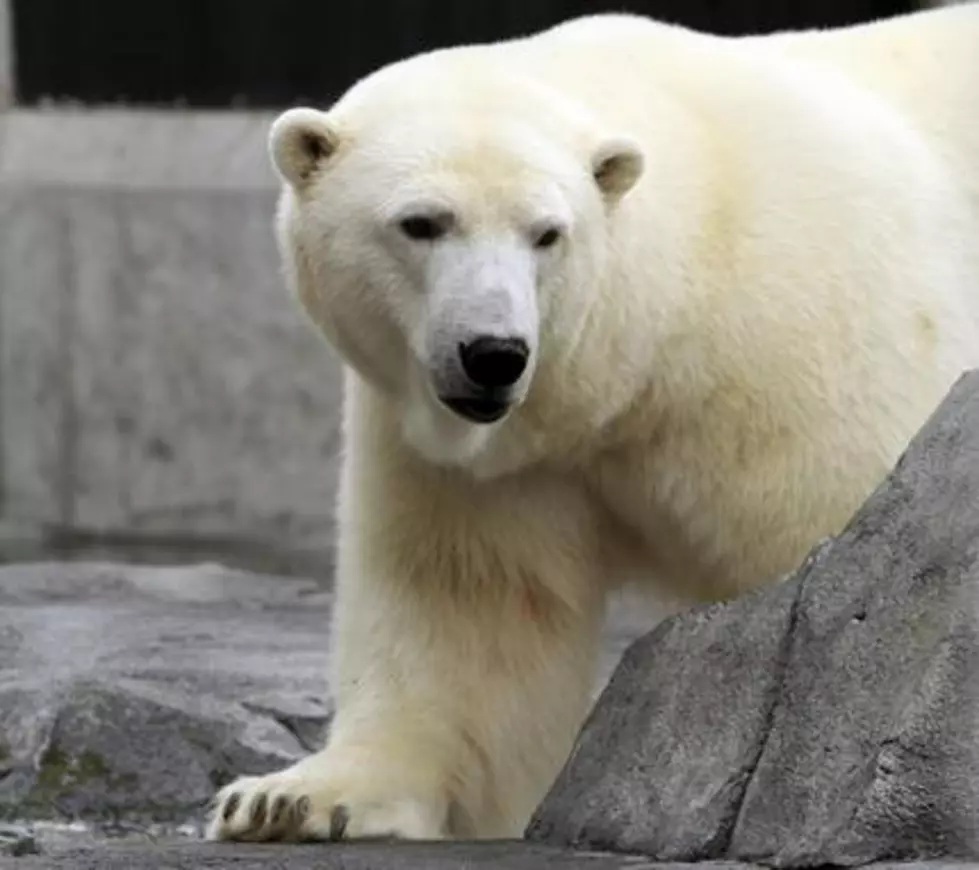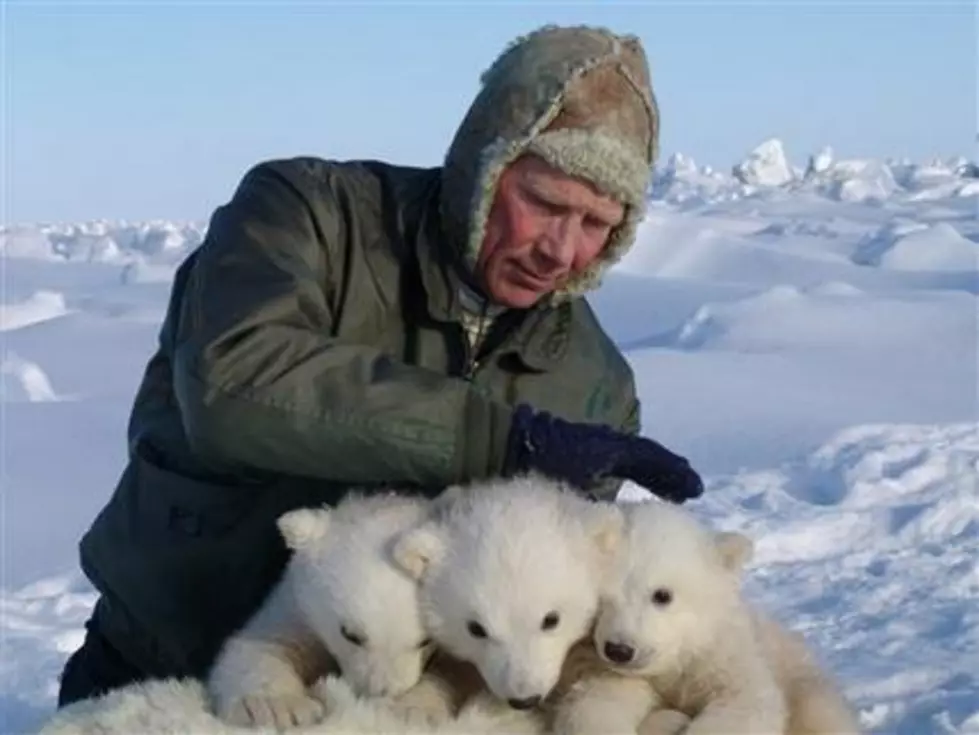
Polar bears’ fate tied to reversing global warming, says report
ANCHORAGE, Alaska (AP) -- Polar bears are at risk of dying off if humans don't reverse the trend of global warming, a blunt U.S. government report filed Thursday said.
"The single most important step for polar bear conservation is decisive action to address Arctic warming," the U.S. Fish and Wildlife Service said in a draft recovery plan, part of the process after the agency listed the species as threatened in 2008.
"Short of action that effectively addresses the primary cause of diminishing sea ice, it is unlikely that polar bears will be recovered."
Halting Arctic warming will require global action, the report said. Greenhouse gas emissions contribute to global warming, which is reducing the Arctic's amount of summer sea ice.
Polar bears use sea ice for feeding, mating and giving birth. The Office of Naval Research said the past eight years have had the eight lowest amounts of summer sea ice on record.
The worldwide population of polar bears is estimated to be between 20,000 and 25,000 animals, and they live in five Arctic nations. Alaska is the only U.S. state with the iconic white bears.
Government scientists this week released another report that outlined two scenarios for polar bears through the year 2100: one in which greenhouse gas emissions stabilize and the other in which they continue unabated.
Under either scenario, the polar bear group that Alaska shares with Russia and Norway would be affected first. It could begin seeing the ill effects of global warming as soon as 2025, according to the study by the U.S. Geological Survey, the Interior Department's research arm.
Other bears that make up population groups in Canada and Greenland would be affected about 25 years later. Polar bears living in the high Canadian Arctic fared the best.
Besides global warming, the draft plan outlines other goals, including better management of subsistence harvests; deadly interactions with humans, which could increase as people move farther north in the Arctic; and protecting dens from humans and industrial activity.
Written comments on the plan will be accepted through Aug. 20.
(Copyright 2015 The Associated Press. All rights reserved. This material may not be published, broadcast, rewritten or redistributed.)
More From New Jersey 101.5 FM









